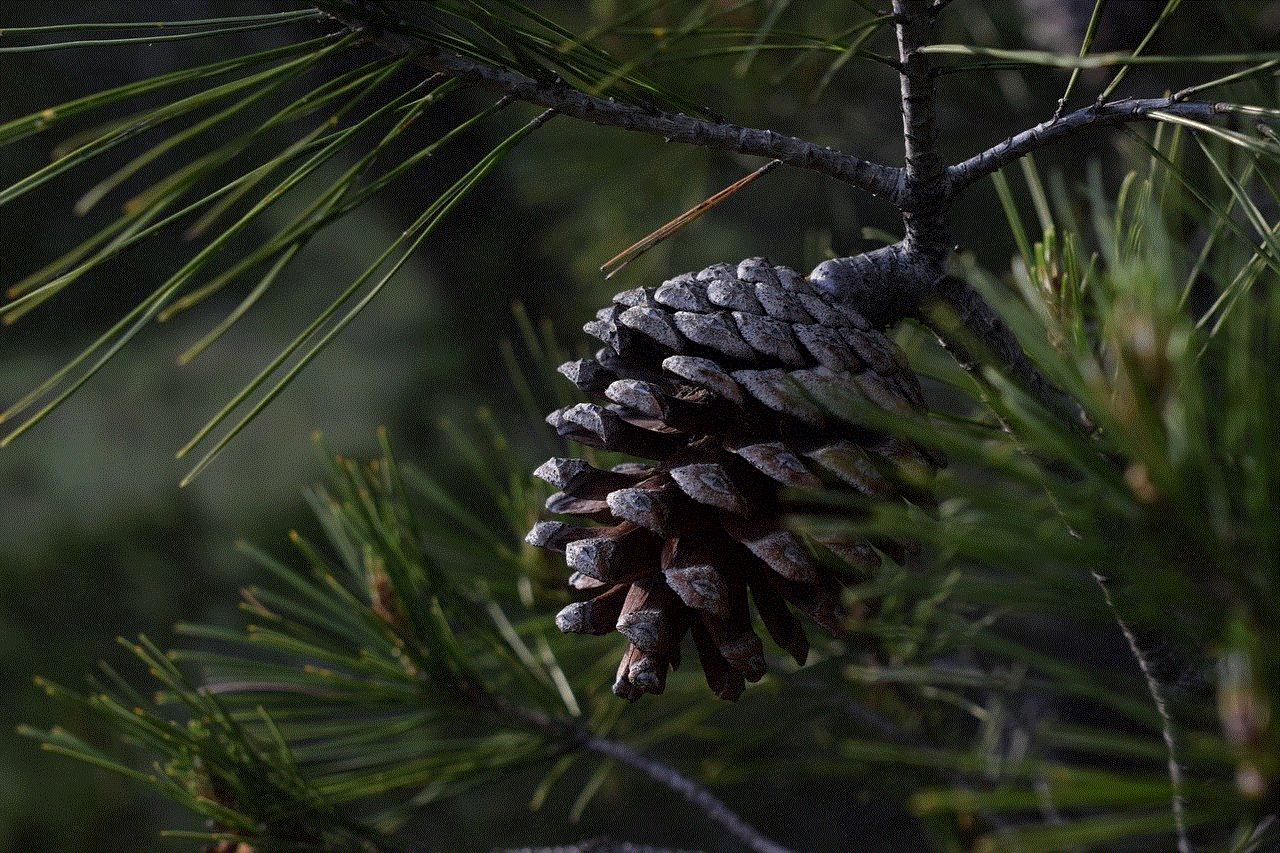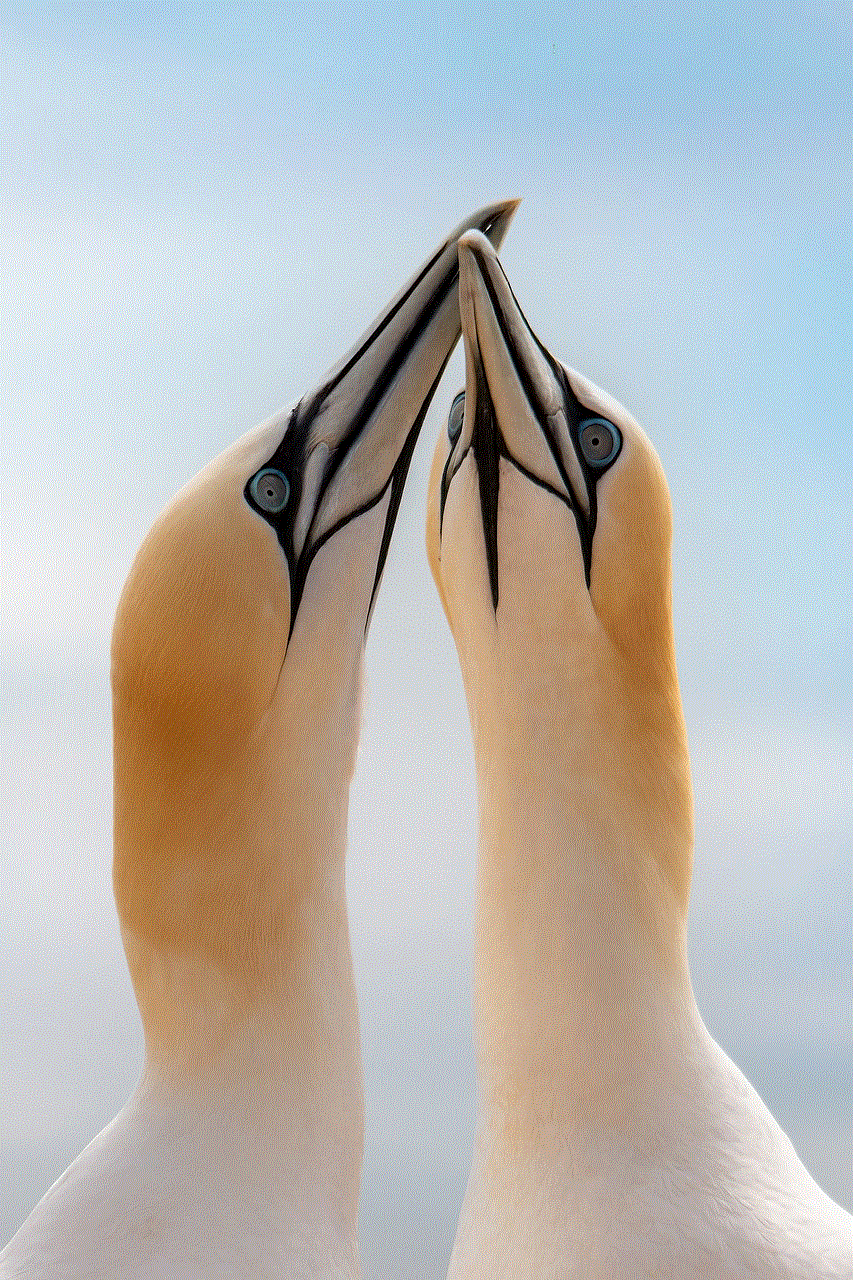preschool thanksgiving cards
Thanksgiving is a time of year when families come together to give thanks for all of the blessings in their lives. It’s a time to reflect on the past year and the things we are grateful for. For preschoolers, this holiday is an opportunity to learn about gratitude and the importance of giving thanks. One way to do this is by creating preschool Thanksgiving cards.
Preschool Thanksgiving cards are a great way to teach young children about the holiday and its meaning. They also provide a fun and creative activity for preschoolers to engage in. In this article, we will explore the benefits of making Thanksgiving cards with preschoolers, as well as provide some ideas and tips for creating these cards.
Why Make Preschool Thanksgiving Cards?
There are many benefits to making Thanksgiving cards with preschoolers. First and foremost, it’s a great way to teach them about the holiday and its significance. As preschoolers are still developing their understanding of the world, it’s important to introduce them to different cultural traditions and celebrations. Creating Thanksgiving cards allows them to learn about the holiday in a hands-on and engaging way.
Making Thanksgiving cards also helps preschoolers develop their fine motor skills and hand-eye coordination. As they use their hands to cut, glue, and decorate the cards, they are strengthening their muscles and improving their dexterity. This activity also encourages creativity and self-expression, as preschoolers get to make their own unique cards.
In addition, making Thanksgiving cards can also teach preschoolers about gratitude. By creating cards to give to others, they are learning about the act of giving thanks and showing appreciation for the people in their lives. This is an important lesson to instill in young children and can have a positive impact on their overall development.
Ideas for Preschool Thanksgiving Cards
Now that we understand the benefits of making Thanksgiving cards with preschoolers, let’s explore some ideas for creating these cards. The possibilities are endless, but here are a few ideas to get you started:
1. Handprint Turkey Cards – This classic Thanksgiving card idea is perfect for preschoolers. All you need is some construction paper, paint, and googly eyes. Have the children dip their hand in paint and make a handprint on the paper. Then, use the fingers as feathers to create a turkey. Add googly eyes and a beak to complete the turkey’s face.
2. Thankful Tree Cards – This idea not only teaches preschoolers about gratitude but also allows them to practice their fine motor skills. Cut out a tree shape from brown construction paper and glue it onto a card. Then, have the children cut out and glue small leaves on the tree. On each leaf, have them write something they are thankful for.
3. Paper Plate Turkey Cards – Another fun and easy idea is to create paper plate turkey cards. Cut a paper plate in half and have the children decorate one half to look like a turkey. Then, glue it onto a folded piece of construction paper to create a card. You can add details like feathers, a beak, and googly eyes using construction paper or craft supplies.
4. Handprint Cornucopia Cards – This card idea is perfect for teaching preschoolers about the traditional Thanksgiving symbol of the cornucopia. Have the children make a handprint on a folded piece of construction paper. Then, using construction paper, have them create a cornucopia around the handprint. They can add fruits and vegetables to represent the abundance of blessings in their lives.
5. Finger Paint Turkey Cards – For a messier but fun activity, have the children use finger paint to create turkey cards. This is a great way to let preschoolers be creative and have fun with different colors and textures. They can use their fingers to create the turkey’s feathers and add details with paintbrushes or markers.
Tips for Creating Preschool Thanksgiving Cards
When making Thanksgiving cards with preschoolers, here are a few tips to keep in mind:
1. Keep it simple – Preschoolers have short attention spans, so it’s important to keep the card-making process simple and easy to follow. Choose activities that don’t require too many steps or complicated instructions.
2. Use age-appropriate materials – Make sure to use materials that are safe for young children and won’t be too difficult for them to manipulate. Avoid small or sharp objects that could be a choking hazard.
3. Encourage creativity – While it’s important to provide some guidance and direction, it’s also important to let preschoolers be creative and make the cards their own. This will help them feel proud of their creations and develop their self-expression skills.
4. Get the whole family involved – Making Thanksgiving cards can be a fun family activity. Encourage parents and siblings to join in and create cards alongside the preschoolers. This will not only make the activity more enjoyable but also provide an opportunity for family bonding and teamwork.
In conclusion, making Thanksgiving cards with preschoolers is a fun and educational activity that can teach them about gratitude, improve their fine motor skills, and allow them to express their creativity. There are many different ideas and approaches you can take when creating these cards, so don’t be afraid to get creative and have fun with it. Happy Thanksgiving!
how to hack into someones messenger
Title: The Ethical Dilemma of Hacking into Someone’s Messenger
Introduction:
In today’s digital age, communication has evolved, with messaging apps being a primary method of staying connected. However, it is essential to respect individuals’ privacy and maintain ethical practices when it comes to accessing someone’s messenger account. This article aims to shed light on the ethical implications, legal consequences, and potential alternative solutions to hacking into someone’s messenger.
1. Understanding the Ethical Boundaries:
Hacking into someone’s messenger account is a clear violation of their privacy and trust. It is essential to respect the boundaries established in society to protect individuals’ digital rights, as well as uphold moral values of trust and integrity.
2. Legal Consequences:
Engaging in any form of hacking activity, including unauthorized access to someone’s messenger, is illegal in most jurisdictions. It can lead to severe penalties, including criminal charges, fines, and even imprisonment. Respecting the law is crucial to maintain a fair and just society.
3. Ethical Hacking:



While hacking into someone’s messenger without consent is unethical, ethical hacking exists as a legitimate profession. Ethical hackers are employed by organizations to identify vulnerabilities in their systems and protect them from potential cyber threats. Ethical hacking is conducted with proper authorization and serves the purpose of improving security measures.
4. The Importance of Consent:
Gaining access to someone’s messenger account without their consent is a direct violation of their privacy rights. Ethical practices emphasize the significance of obtaining consent before accessing any personal information, including social media accounts or messaging apps.
5. Alternative Solutions:
Instead of resorting to unethical methods, there are alternative solutions to address concerns related to someone’s messenger activities. Open communication, trust-building, and approaching the person directly to discuss any issues or doubts can lead to a resolution.
6. Legal and Ethical Monitoring:
In certain situations, it may be necessary to monitor someone’s messenger activities due to concerns of illegal or harmful behavior. However, it is essential to follow legal procedures, such as obtaining a court order or seeking assistance from law enforcement, to ensure the monitoring is conducted ethically and within the boundaries of the law.
7. Cybersecurity Awareness:
Promoting cybersecurity awareness is crucial to prevent hacking attempts and protect individuals’ privacy. Educating people about strong passwords, two-factor authentication, and other security measures can help prevent unauthorized access to messenger accounts.
8. Legal Remedies for Privacy Violations:
If you suspect that your messenger account has been hacked, it is important to report the incident to the appropriate authorities. Legal remedies exist to hold accountable those who violate privacy rights, ensuring justice is served.
9. Ethical Responsibility:
As individuals, we have an ethical responsibility to respect others’ privacy rights. By adhering to ethical practices and promoting a culture of trust and integrity, we contribute to a safer digital environment.
10. Conclusion:
Hacking into someone’s messenger account is a clear violation of their privacy and trust, with severe legal consequences. Respecting ethical boundaries, obtaining consent, and seeking alternative solutions are essential to maintain integrity and protect digital rights. By promoting cybersecurity awareness and encouraging open communication, we can create a safer and more ethical digital society.
11 year old youtubers
Title: The Rise of 11-Year-Old youtube -reviews”>YouTube rs: Inspiring Creativity and Empowering Young Voices
Introduction:
YouTube has become a breeding ground for young talent, where children as young as 11 are creating content that impacts millions of viewers worldwide. These young YouTube rs are not only showcasing their talents but also providing a fresh perspective on various topics, from fashion and gaming to science experiments and educational content. This article explores the rise of 11-year-old YouTubers, highlighting their achievements, the challenges they face, and the impacts they have on their peers and society as a whole.



1. The Emergence of Young YouTube Stars:
The advent of affordable technology and access to the internet has made it easier for children to create and share content online. These young YouTubers have gained popularity due to their unique personalities, relatability, and engaging content. They use their channels to share their interests, skills, and experiences, attracting an ever-growing audience of followers.
2. Nurturing Creativity and Self-Expression:
For 11-year-old YouTubers, their channels serve as a platform to express their creativity and share their passions with the world. Through video editing, storytelling, and creating their own brand, they learn essential skills such as communication, critical thinking, and problem-solving. This outlet not only enhances their self-confidence but also encourages them to explore new interests and develop their talents.
3. Balancing Education and YouTube:
One challenge faced by these young YouTubers is finding a balance between their online presence and their education. With the increasing demands of filming, editing, and managing their channels, schoolwork can often take a backseat. However, many of these YouTubers have found ways to integrate their content creation with their education, leveraging their platforms to inspire and educate their peers.
4. Parental Support and Involvement:
Behind every successful 11-year-old YouTuber, there is often a supportive and involved parent or guardian. Parents play a crucial role in guiding and protecting their children in the online world, ensuring their safety and well-being. They help manage their child’s channel, monitor content, and navigate the challenges of fame and online interactions.
5. Monetization and Financial Independence:
For some 11-year-old YouTubers, their channels have become a source of income and financial independence. Through brand collaborations, sponsorships, and ad revenue, they can earn significant amounts of money. However, this raises ethical concerns about child labor laws, exploitation, and the potential impact on their mental and emotional well-being.
6. Impact on Peers and Young Viewers:
Young YouTubers have a unique influence on their peers and young viewers. They inspire others to pursue their passions, foster creativity, and encourage self-expression. By sharing their experiences and challenges, they create a supportive community that empowers children to embrace their unique voices and talents.
7. The Dark Side of Fame:
While the rise of 11-year-old YouTubers has its positive aspects, it also comes with its dark side. These young content creators face online bullying, negative comments, and the pressure to constantly produce engaging content. The impact of fame and criticism at such a young age can have lasting effects on their mental health and overall well-being.
8. Ensuring Online Safety and Responsible Content Creation:
As these young YouTubers gain popularity, it becomes crucial to ensure their safety and protection online. Parents, platforms, and society need to work together to establish guidelines, regulations, and support systems that safeguard these children from exploitation, cyberbullying, and inappropriate content.
9. The Importance of Mentorship and Guidance:
Mentorship plays a vital role in the success and well-being of 11-year-old YouTubers. Collaborating with older YouTubers or industry professionals can provide valuable guidance, advice, and a sense of direction. Mentorship programs can help these young content creators navigate the complexities of the online world while ensuring their growth and development.
10. Inspiring the Next Generation:



The impact of 11-year-old YouTubers extends beyond their immediate audience. They inspire younger generations to embrace their creativity, explore their interests, and pursue their dreams. The rise of these young content creators has shown that age is not a barrier to success and that everyone has a story worth sharing.
Conclusion:
The rise of 11-year-old YouTubers has opened up a world of possibilities for children to showcase their talents, creativity, and unique perspectives. These young content creators have become role models for their peers, inspiring them to embrace their passions and find their voices in a digital age. However, it is essential to ensure their well-being, online safety, and responsible content creation, as they navigate the challenges that come with fame and exposure at such a young age.